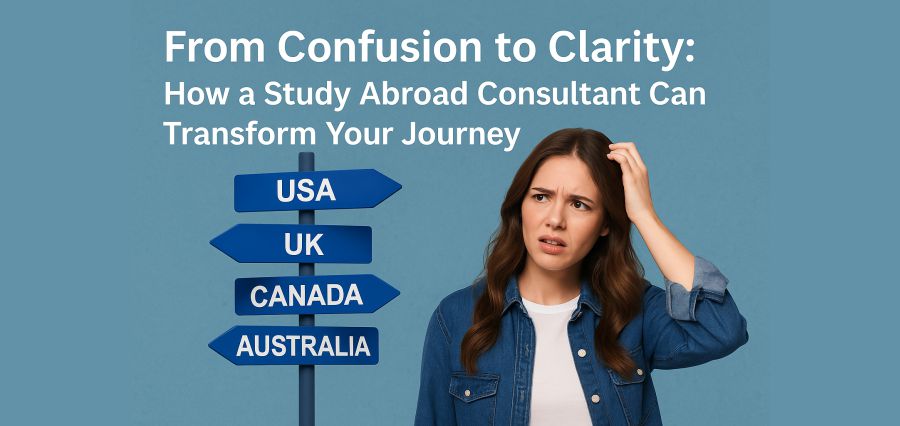COVID-19 can be carried by a wide variety of wild animals, including many domestic animals like deer mice, red foxes, and white-tailed deer. These animals might serve as reservoirs for the virus, providing fresh chances for it to mutate and re-infect humans. For example, the omicron variation is believed to have originated in mice.
A new five-year research project combining virology, disease ecology, and artificial intelligence will be funded by a $3 million federal grant. The goal of the project is to better understand the behavior of SARS-CoV-2, the virus that causes COVID-19, in natural ecosystems and identify strains that may spread widely among humans and animals. Through the Ecology and Evolution of Infectious Diseases program, a collaborative effort between the National Institutes of Health, National Science Foundation, and the National Institute of Food and Agriculture, the U.S. Department of Agriculture’s Animal and Plant Health Inspection Service is the source of this award.
“We really need to figure out how SARS-CoV-2 is moving through mammalian wildlife in order to know the risk that new variants pose for people,” said Barbara Han of the Cary Institute of Ecosystem Studies, who will co-lead the new research with Andrew Kramer of the University of South Florida. The initiative will also evaluate the possibility of human-wildlife spillover and the potential effects of novel strains on ecological communities.
The new effort will utilize artificial intelligence to forecast future variants that do not yet exist but could be troublesome if they appear. Most current disease surveillance systems gather existing variants and attempt to identify the most alarming ones. The public health community will receive a surveillance watch-list as a result.
Han remarked, “That way, we’ll know that we should sit up and pay attention if we find one of these in the wild.”
According to Kramer, the approach could change the way society views and controls the spread of SARS-CoV-2 in animals since it is preventive rather than reactive.











